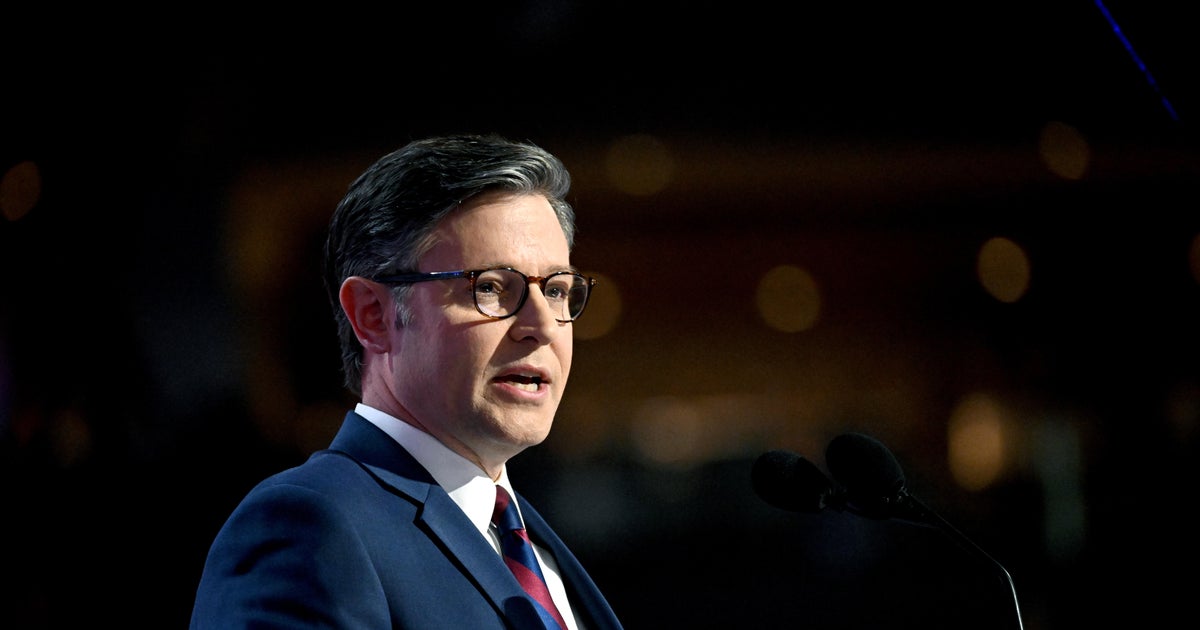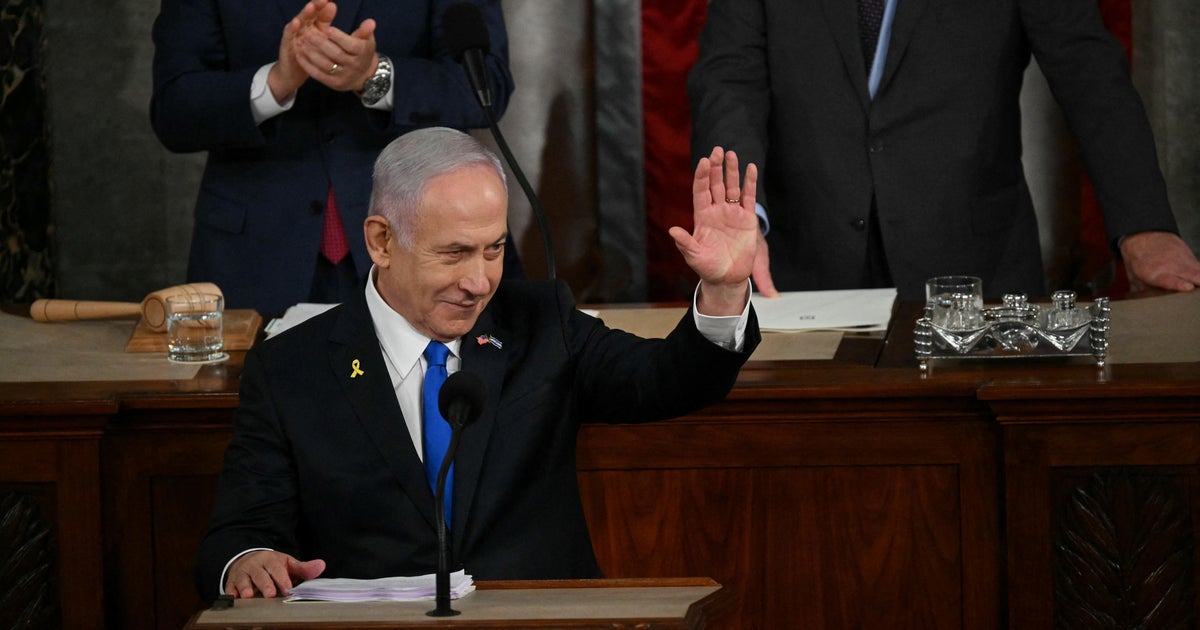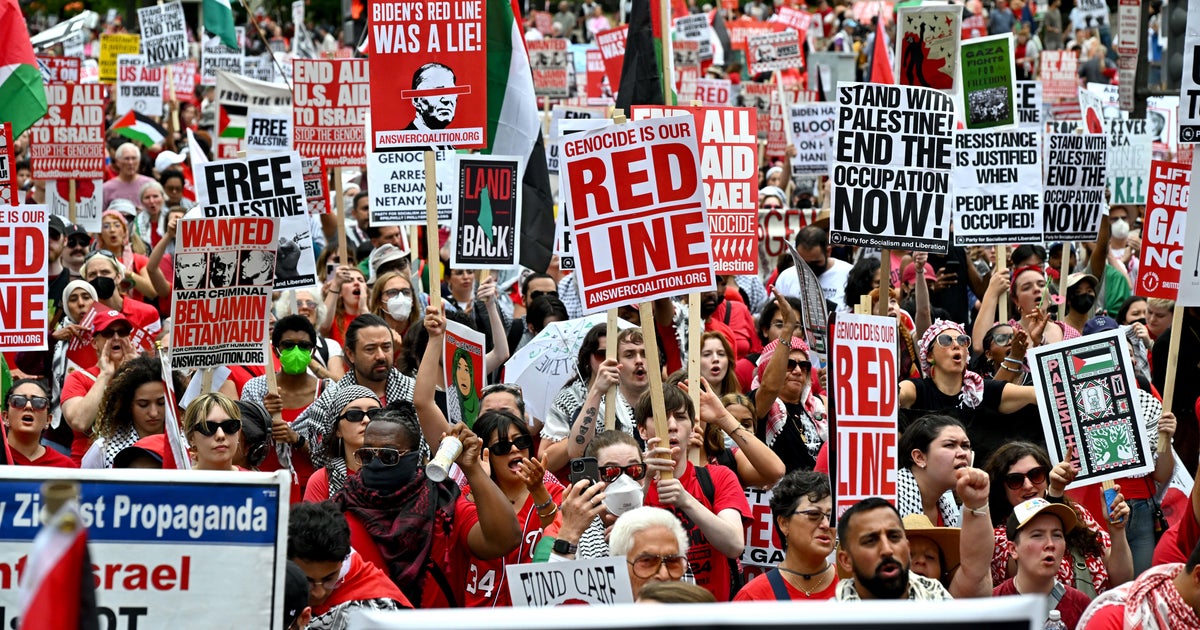Saudi Arabia urges "all means of force and firmness" in confronting Iran
Mecca, Saudi Arabia -- If the plan of the emergency summit convened on Thursday by Saudi Arabia was to cool tensions in the region, it doesn't look like that's happening. Saudi Arabia's foreign minister Ibrahim Abdulaziz Al-Assaf urged fellow Muslim nations to confront Iran over recent attacks in the Gulf with "all means of force and firmness."
Washington and its allies accuse Tehran of a string of incidents, including underwater mine attacks on oil tankers, drone strikes on Saudi owned pipelines and a rocket strike near the U.S. Embassy in Baghdad.
Acting Defense Secretary Patrick Shanahan said Wednesday night that some 900 American troops were being sent to the Middle East to confront the perceived Iranian threat -- to reinforce the tens of thousands already in the region. Shanahan reiterated the assertion by various U.S. officials that the U.S. had obtained "credible intelligence" Tehran had been preparing for an attack on American forces.
On Thursday, U.S. National Security Adviser John Bolton said the U.S. would present evidence of Iran's culpability in the tanker attacks to the United Nations Security Council as soon as next week. Some U.S. allies, and lawmakers in Washington, have remained sceptical of the claim of a new and imminent threat posed by Iran in Iraq or Syria.
"I don't think this threat is over, but I do think you can make at least a conditional claim that the quick response and the deployment and other steps that we took did serve as a deterrent," Bolton said Thursday on a visit to London.
Bolton sought to dispel suggestions that he and President Trump, who recently stated that "regime change" in Iran was not the U.S. objective, were at odds on the matter.
"The policy we're pursuing is not a policy of regime change. That's the fact and everybody should understand it that way," he said.
"I don't think anybody who is familiar with the situation in the region, whether they have examined the evidence or not, has come to any conclusion other than that these attacks were carried out by Iran or their surrogates," he asserted.
President Trump has said he does not want a military escalation with Iran. While on a visit to Japan earlier this week, he said he'd be willing to talk to Iranian leaders.
His Iranian counterpart, President Hassan Rouhani, indicated talks might be possible -- but only if economic sanctions against his country were lifted.
Iran's supreme leader, Ayatollah Ali Khamenei, however, has said there is no way talks with President Trump were going to happen, stating that engaging in such a dialogue would bring Iran "no benefit and only harm."
Last week, the Trump administration sidestepped Congress by approving arms sales to Gulf allies, including Saudi Arabia, citing Iranian threats. The move sparked further concern among U.S. lawmakers who fear the weapons sold to the Saudis and the United Arab Emirates could be used against civilians in war-torn Yemen.
A Saudi-led, U.S.-backed coalition has been fighting against Iranian-backed Houthi insurgents since 2015, sparking what the United Nations calls the "worst" humanitarian crisis in the world right now.
CBSNews.com's Tucker Reals contributed to this report.



